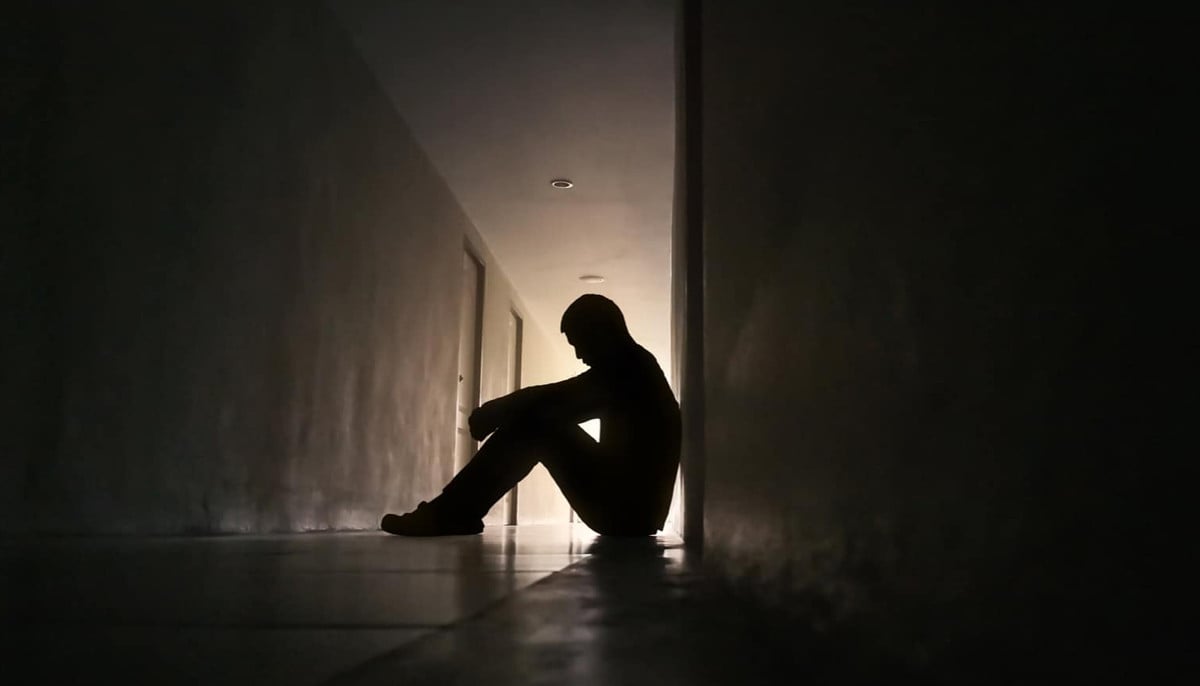Combination therapy shows 'promise' in fighting pancreatic cancer
Study was conducted using animal models; clinical trials for human patients have not yet begun
A study conducted by the University of Colorado Cancer Centre has suggested that combining radiation therapy with immunotherapy could be the key to treating pancreatic cancer.
While historically the disease has not responded well to immunotherapy, the one-two-punch approach proved to be effective in eradicating pancreatic tumours and preventing the cancer from spreading.
Lead author Dr Sana Karam stated that this marks the first time pancreatic tumour eradication suggests that the cancer cell has memory, making it possible to prevent the disease from returning. The study was conducted using animal models, and clinical trials for human patients have not yet begun.
Nevertheless, the findings provide hope for those living with pancreatic cancer, as well as pave the way for future research into other treatments to increase survival odds.
By combining radiation therapy's high doses of radiation to destroy cancer cells and immunotherapy's ability to boost or change how a patient's immune system works to attack cancer cells, the treatment approach eliminates the "bad" T-cells from the immune system, which recognises and attacks the cell type everywhere, from the pancreas to the liver and blood, to name a few areas.
The study's results could also alter the way doctors treat pancreatic cancer patients in the future. The researchers are optimistic that this approach could improve survival rates, given that pancreatic cancer is the third-deadliest cancer, with 50,000 fatalities predicted in the US alone this year.
-
Pink reveals health routine for asthma management
-
Gigi Hadid talks about 'relieving tension' amid having Hashimoto's disease
-
Selena Gomez explains why she thought lupus was 'life-or-death'
-
How Kim Kardashian made her psoriasis ‘almost’ disappear
-
Nick Jonas gets candid about his type 1 diabetes diagnosis
-
Sir Jackie Stewart’s son advocates for dementia patients
-
5 celebrities you didn't know have experienced depression
-
Late James Van Der Beek inspires bowel cancer awareness post death












